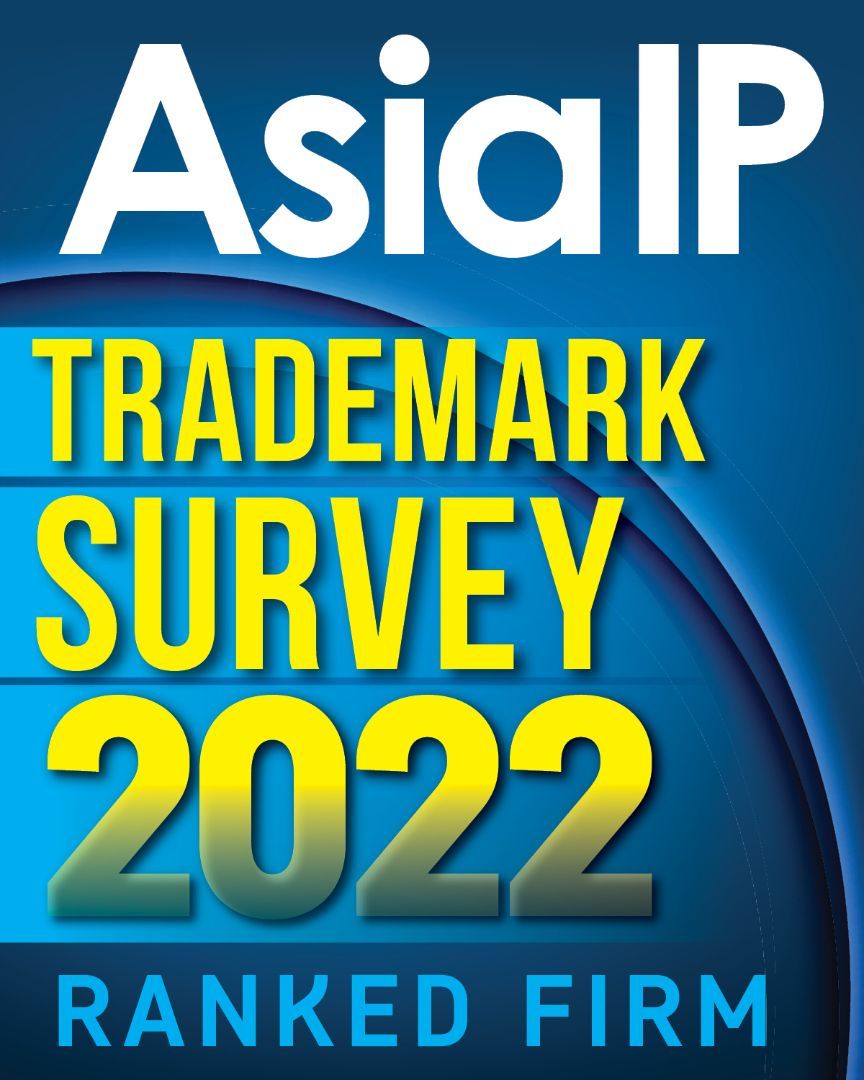WHAT SHOULD BE TAKEN INTO ACCOUNT WHEN ASSIGNMENT RIGHTS TO A TRADEMARK WHICH INCLUDES THE NAME OF A GEOGRAPHICAL OBJECT.
18 Mar 2024
Russia
share
The owner has filed an application with Rospatent for the assignment of rights to a trademark consisting of the word "Neva" in favor of a foreign company. "Neva" is a geographical object of the St. Petersburg (the name of a river). Rospatent refused to register the trademark assignment agreement, citing the reason of possible misleading the consumer about the goods, their manufacturer or place of production.
The applicant did not agree with the position of Rospatent and applied to the arbitration court for protection of its violated rights. Satisfying the applicant's claims, the court of first instance proceeded from the fact that the circumstances of inclusion in the composition of the designation of an element indicating the geographical object of St. Petersburg (the Neva River) and the location of the assignee abroad do not in themselves indicate the possibility of misleading the consumer as to the place of origin of specific goods or the location of their manufacturer. Higher judicial bodies supported the position of the arbitration court.
As pointed out by the Intellectual Property Rights Court, which considered the case by way of cassation instance, the location of the manufacturer of goods cannot matter to the consumer, since the characteristics and quality of the goods themselves do not depend on it. If a trademark is associated with any region of Russia or the world, it may mislead the consumer only when the designation is used. Registration of such a mark in the name of a person who is not located in the relevant territory is not misleading in itself, as a trademark is a means of individualization of goods (services), not the owner. Therefore, it is necessary to pay attention to the place of production of goods, which may not coincide with the location of the manufacturer of goods.
Thus, Rospatent is not entitled to refuse in assignment of exclusive rights to a trademark containing a geographical subject matter on the sole ground that the acquirer is a person who does not have a clear connection with the place of production.





